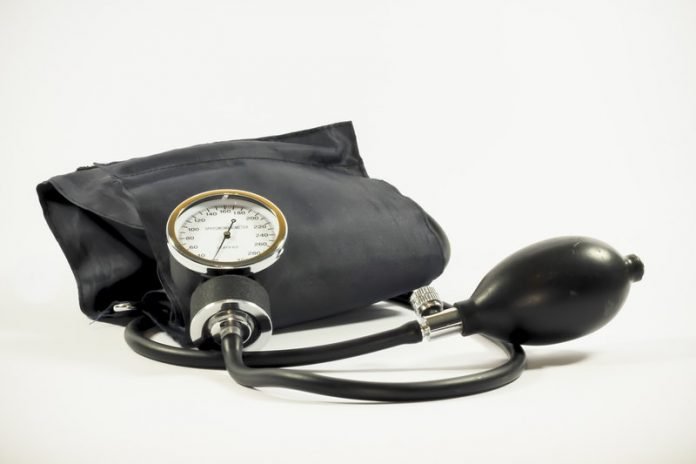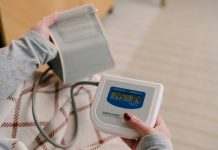
High blood pressure is a dangerous chronic condition. It can increase the risk of heart disease and stroke.
One way to manage high blood pressure is taking medications. Many people need to take their drugs every day to control their blood pressure.
However, recent studies have found that these drugs may bring harmful side effects.
One side effect is lung cancer.
This side effect is mainly from angiotensin-converting enzyme inhibitor drugs (ACEIs) for treating high blood pressure.
A study from McGill University shows that this type of drug may increase the risk of lung cancer.
ACEIs are quite effective for lowering high blood pressure and they are widely used. But the drugs may help build protein-like chemicals called bradykinin and substance P in the lung.
These chemicals have been found on lung cancer tissue, and bradykinin may directly stimulate lung cancer growth.
In the study, the team found that people who took ACEIs to treat high blood pressure had a 14% higher risk of lung cancer than people who took angiotensin receptor blockers (ARBs) for hypertension.
In people who used ACEIs for more than 5 years, lung cancer risk increased by over 30%.
It is important for doctors to monitor their patients’ lung health if they prescribe this type of drug.
Another side effect is sudden cardiac arrest.
This life-threatening side effect is mainly from drug nifedipine. The drug has been commonly used for treating high blood pressure and chest pain. It has been in use for many years and in many patients.
In a study from European Sudden Cardiac Arrest network, researchers found that high-dose (60 mg/day) of nifedipine was linked to a higher risk of sudden cardiac arrest.
The team suggests that future work needs to confirm the findings, but it is important for doctors and patients to know the information.
In the study, the team did not find a link between cardiac arrest with another blood pressure drug amlodipine.
A third side effect is making blood pressure readings unstable.
This side effect is mainly from two types of blood pressure drugs: alpha blockers and alpha 2 agonist.
Unstable blood pressure readings have been linked to a higher risk of death.
In a study from the Intermountain Medical Center, researchers found that people who took the two types of blood pressure drugs had an increased risk of death.
On the other hand, people who used drugs such as ace inhibitors, angiotensin receptor blockers, calcium channel blockers, and thiazide diuretics for high blood pressure could reduce the visit-to-visit blood pressure variability.
The team suggests that doctors need to help patients use blood pressure drugs that show a decrease in mortality risk.
Copyright © 2019 Knowridge Science Report. All rights reserved.



